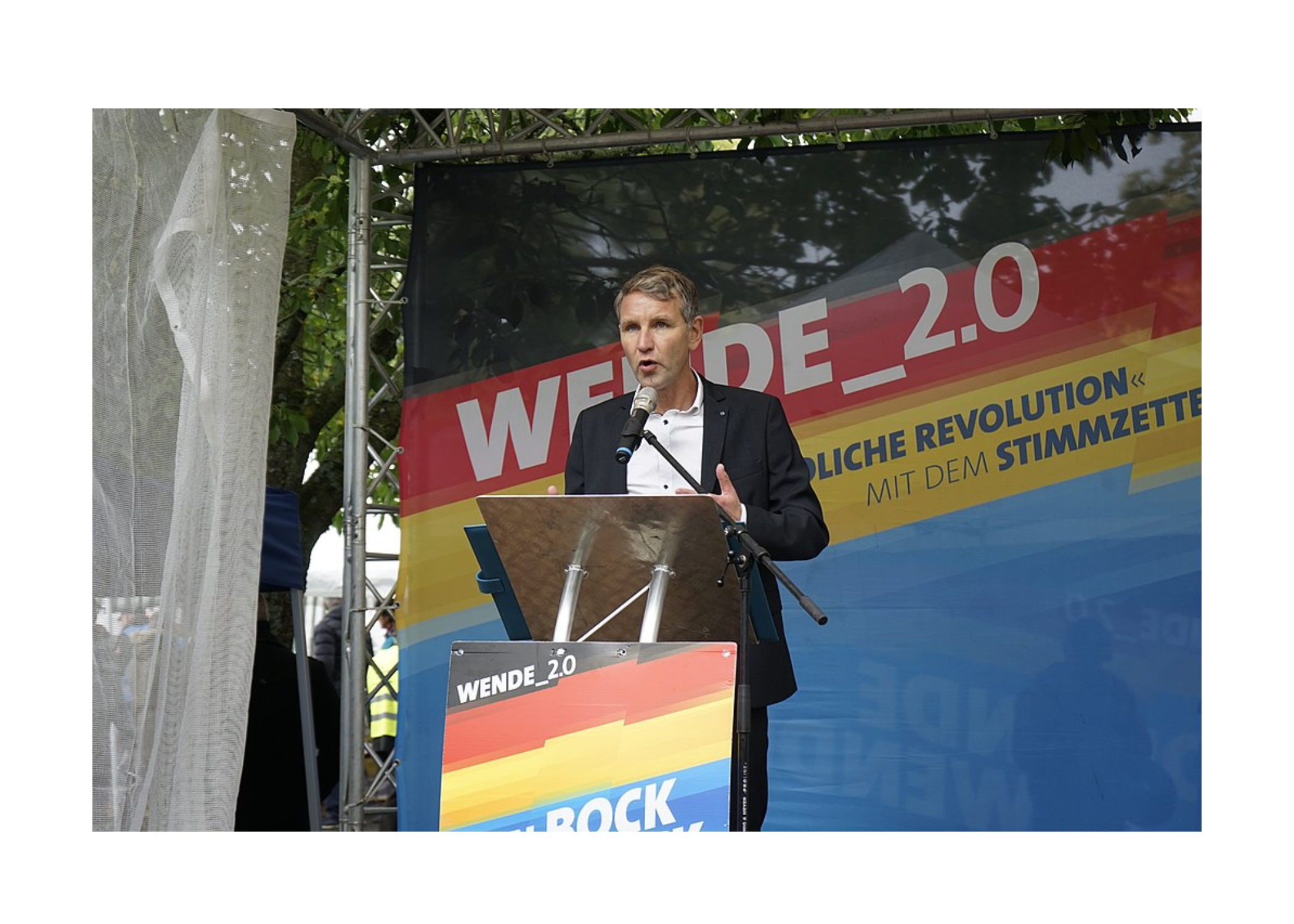Angela Mehrer and Jana Puglierin
European Council on Foreign Relations, Sept. 10, 2024
“The AfD’s and the BSW’s overlapping agendas underscore a shared goal: reversing Germany’s post-war trajectory by moving away from European integration, away from the US, and towards a more nationalist stance.”
German state elections typically revolve around matters such as immigration and social security. But the recent elections in Thuringia and Saxony in the country’s east have proved foreign policy positioning to be just as effective for winning votes.
In Thuringia, the far-right Alternative for Germany (AfD) came in well ahead of the Christian Democrats (CDU), and in Saxony it was a close second. The socialist and culturally conservative Sahra Wagenknecht Alliance (BSW) – only founded in January this year – came third in both states, winning more votes combined than the parties of the governing “traffic-light” coalition. It will be near impossible to form a government in either state without the participation of the AfD or the BSW. The AfD is likely to remain in opposition due to a lack of willing coalition partners, but the BSW could soon enter government in both states. Both parties are expected to achieve similarly strong results in the Brandenburg state elections on 22 September.
Both parties’ rise could seriously impact on Germany’s foreign policy debate. Whether in government or opposition, elevation of AfD and BSW rhetoric risks shifting Germany’s Overton window towards anti-Western policies. Just as the country gets ready to elect a new federal parliament next year, centrist parties may feel pressured by the rising popularity of populist foreign policy to adopt some of its elements or risk a slump in support.
… [To read the full article, click here]


